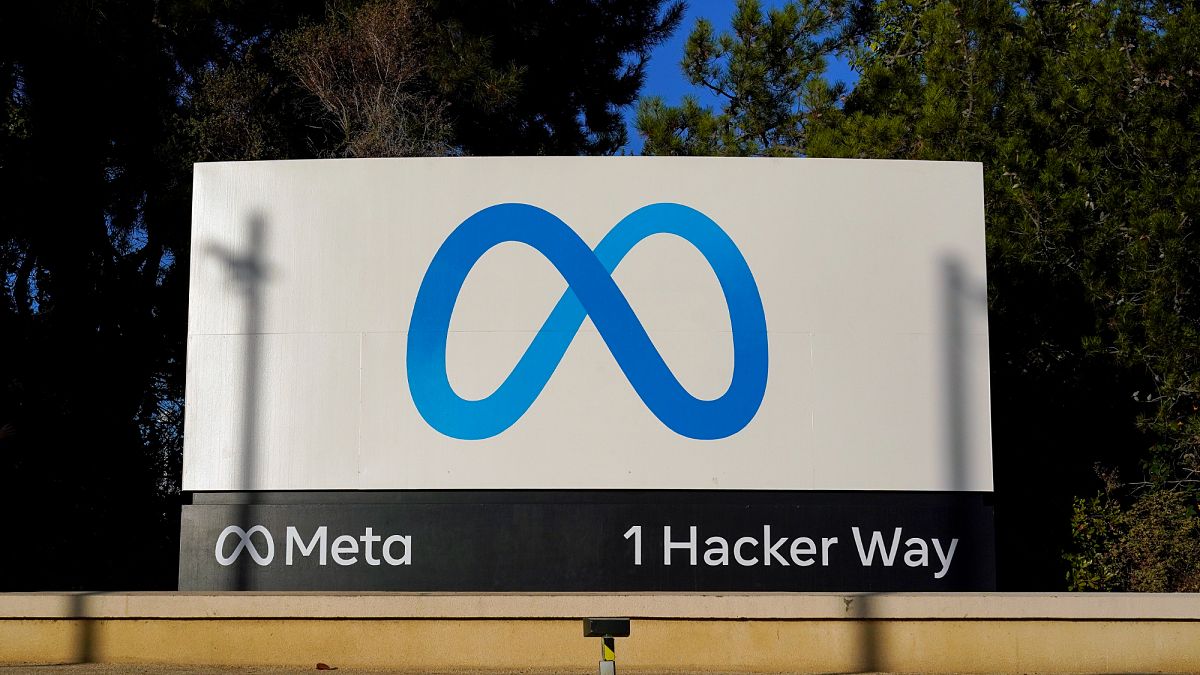The world’s largest companies and trade associations from the big tech, banking, energy, and chemicals/agri sectors have significantly increased their EU lobbying budgets in recent years.
The 162 biggest corporations and trade associations collectively spent €343 million on lobbying EU legislators and officials over the past year, according to a new analysis.
Between February 2024 and February 2025, annual lobbying expenditures rose by 13%, and by nearly a third since 2020, according to a report from non-profit groups Corporate Europe Observatory (CEO) and LobbyControl.
However, these estimates remain conservative, as only entities spending over one million euros are required to disclose their lobbying budgets in the EU’s transparency register.
Among the highest-declaring corporates and associations are major big tech players like Meta and Microsoft, with lobbying budgets of €9 million and €7 million respectively, as well as the European Banking Federation, energy firm Shell, FuelsEurope, Bayer, Novartis, BusinessEurope, and the European Federation of Pharmaceutical Industries and Associations (EFPIA).
With the Artificial Intelligence Act having entered into force last year, and the EU Commission planning to introduce the Clean Industrial Deal, an Action Plan on Affordable Energy, a Critical Medicines Act, and a Savings and Investments Union in 2025, all alongside an ongoing drive to slash red tape, the surge in lobbying budgets looks set to continue.
“We’ve seen a trend of increasing big tech lobbying for years, but the rise in spending by polluting industries such as energy and agri-chemicals over the past five years (44% and 31% respectively) clearly reflects the intense lobbying around the Green Deal,” CEO’s Vicky Cann told Euronews.
“With the Commission set to deliver a corporate-friendly Clean Industrial Deal later this week—alongside a massive deregulation push in the name of ‘competitiveness’—it is deeply worrying that this industry lobbying appears to be paying off,” Cann added.
Both LobbyControl and CEO urge EU institutions to rethink lobbying rules and strengthen safeguards against regulatory capture, including the EU Transparency Register, which provides useful information for citizens to track lobbying activity.
“A legally binding lobby register is the only way to impose meaningful sanctions for posting inaccurate data and, in turn, improve the overall quality of the EU lobby register,” the advocacy groups said on Monday, as the platform is due to be reviewed by July 2025.
The analysis also examines the number of meetings between lobbyists and EU officials and the number of badges granting them access to the European Parliament.
The European Chemical Industry Council, BusinessEurope, and Insurance Europe hold the highest number of parliamentary passes, with 323, 295, and 268 respectively – collectively outnumbering MEPs in the parliament.
BusinessEurope also tops the league for the number of declared meetings with EU officials, having logged 467 meetings since 2014, followed by Google (381), Airbus (318), the European Automobile Manufacturers Association (241), and Meta (235).
The findings highlight the need for the EU to expand its existing lobbying restrictions—currently applied to the tobacco industry—to other critical policy areas, such as climate and environmental regulation, the advocacy groups argue.
“As a first step, the Commission should stop granting privileged access to industry lobbyists and ensure that civil society and community voices are heard loud and clear,” the transparency watchdogs emphasized.
Last month, the Commission introduced a major change to lobbying transparency by publishing minutes of meetings between lobbyists and senior officials, extending the disclosure requirement from 400 top officials to around 1,500.
The move got a mixed reaction, but the real impact will depend on how much information is actually disclosed.

